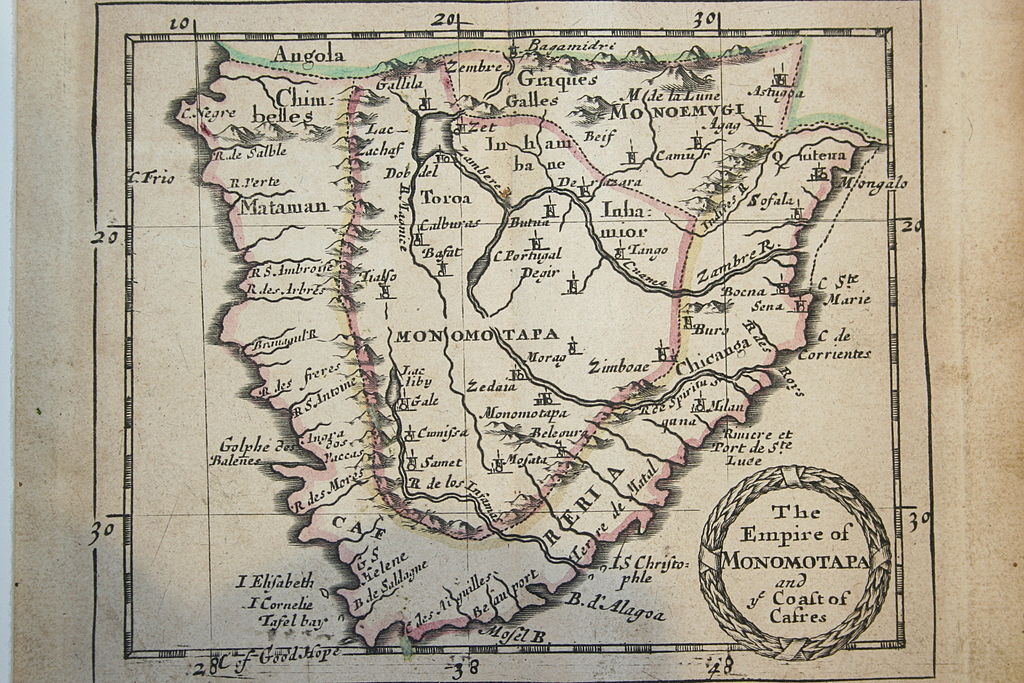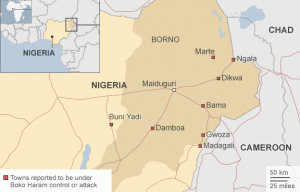With so much media attention on the problems and troubles of Africa, it can often hard to imagine any positive news coming from the area. Before taking this class, I was stuck on the image of Africa that the media presented to me. But I have come to realize that Africa has beautiful countries that play important roles in the global economy. One country making a push to enter this role is Ethiopia.
Recent growth within the country of Ethiopia has called for major changes to the area. Roads and buildings are constantly being built to match this growth. A once government controlled operation, National Cement has entered into the private sector to try to match the demand for the cement. The creation of large corporations continues to grow within the country, pointing toward a stronger economy as an outcome.
Along with the creation of large corporations, Ethiopia has also seen large investments from Chinese companies. As Ethiopia is making a change to move away from being a socialist country, new economic reforms have created labor laws favorable for manufacturing investments. A former Vice President of one of the companies who set up a manufacturing in Ethiopia says she believes Ethiopia will become a popular manufacturing plant location for other companies. The country welcomes investors to come to Ethiopia for more investments similar to the Chinese.
I think this Chinese investment could be seen as exploitation of labor laws and tax advantages to ultimately increase profit, but I do believe this investment can only benefit Ethiopia as a whole. This investment by Chinese companies in Ethiopia, and other countries in Africa, could be the beginning to new global investments in Africa. Both the United States and China have gone through eras where manufacturing boomed in the country. With our Industrial Revolution and the major increase of overseas manufacturing in China, both countries have now become economic powerhouses. I think for a country to grow, certain steps need to be made and I believe bring manufacturing to Ethiopia will only increase their economy. As their economy grows, they will be able to move out of the manufacturing era and create less labor intensive jobs.
Ethiopia is also seeking to increase their tourism into the country. As Africa as a whole is seeing more investments and stronger economies, more tourists are opening their eyes to area. Ethiopia was ranked 17th in 2013 of all African countries for number of tourists who entered the country. Although the number seems low, it has been rising by 10% every year. The income for the tourism sector is receiving almost 20% gains every year. Adding to the push for more infrastructures to be built in Ethiopia, the only way to increase the number of tourists who come into your country is to create hotels or lodges that will accommodate such a number. Not only is the number of hotels important but so is the quality of the room.

Inside of a lodge designed to appeal to Western tourists.
I think to every vacation or trip someone takes, there is always a desire for some kind of luxury or easiness while you travel. What I mean is that even if someone goes to Alaska in the winter or Ethiopia in the summer (seasons and locations that could be considered extremely cold and extremely hot and would make others question why they would go there in the first place) they still want to feel comfortable or relaxed or something along those lines. So when someone is visiting Ethiopia, these tourists will want nicer living conditions while they’re there and due to the lack of luxury infrastructures, Ethiopia has not fully tapped its potential. These conditions are also desired by older people, which is a demographic that tends to have and spend more money than some young backpackers who may want to pay less for a room.
All in all, I have to come to the realization that Africa as a whole is an exponential amount of untapped potential in any business sector. Many countries’ economies are on the rise and general feelings for Africa are moving away from the media view of poor and sick countries to being developing countries that could very soon establish themselves as large players in the global market. I continue to look for positive news from Africa after I have finally realized its true abilities as a continent.
http://www.bbc.com/news/business-27112468
http://www.bbc.com/news/business-30144471






